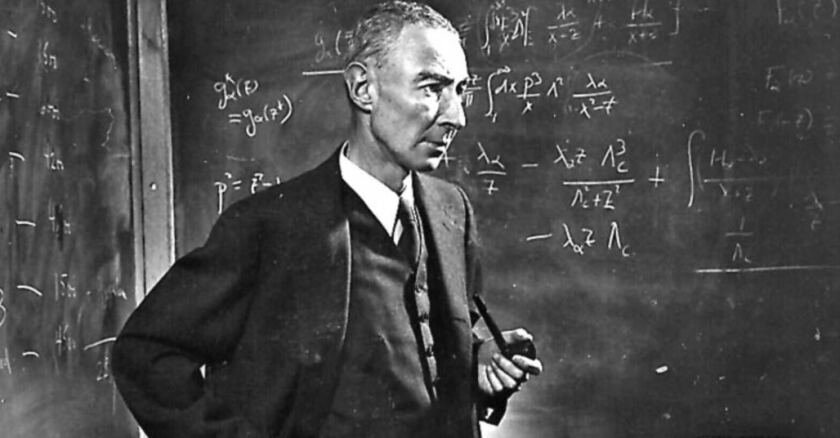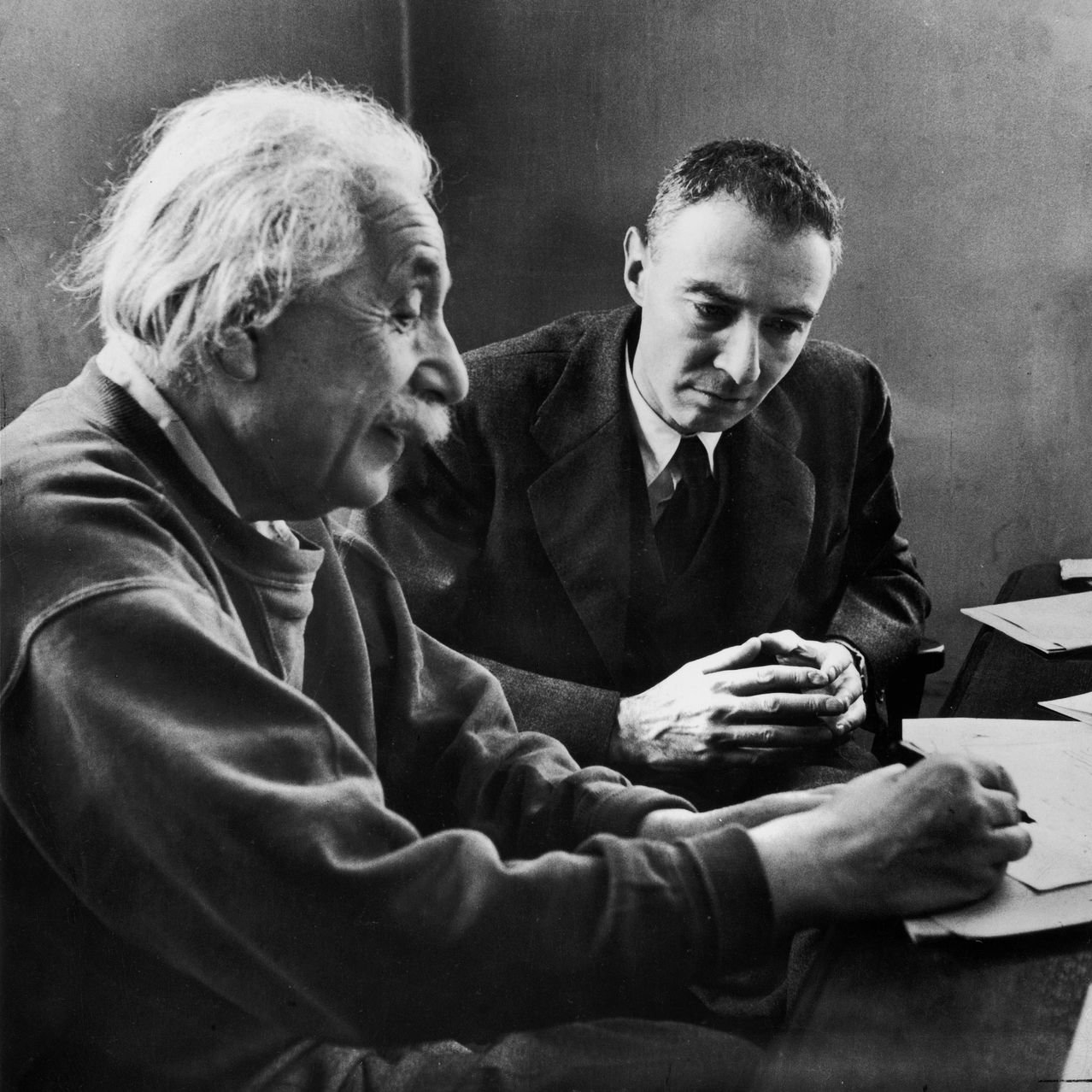6 Things You Probably Didn't Know About J. Robert Oppenheimer
J. Robert Oppenheimer.
J. Robert Oppenheimer, often referred to as the "father of the atomic bomb," was a brilliant physicist whose name became synonymous with the Manhattan Project. His contributions to science and his pivotal role in shaping world history are well-documented. However, there are lesser-known aspects of his life that are equally fascinating and shed light on the complexity of his character. In this article, we delve into six intriguing facts about J. Robert Oppenheimer that many might not be familiar with.
1.Renaissance Man
Beyond his scientific achievements, Oppenheimer possessed an insatiable thirst for knowledge in diverse fields. He was not only an expert in theoretical physics but also a keen student of literature, art, and philosophy. Fluent in multiple languages, he loved reading poetry and discussed classical literature with ease. His well-rounded interests earned him the nickname "the philosopher-scientist," and he often engaged in discussions about the cultural implications of science.
2. Early Struggles and Rejection
Oppenheimer's journey to prominence was not without challenges. In his youth, he faced significant struggles, particularly with dyslexia and a stammer. Despite these impediments, he proved his intellectual prowess, earning his place at Harvard and Cambridge University for postgraduate studies. At Cambridge, he experienced rejection from the renowned physicist Paul Dirac, who initially deemed Oppenheimer too inexperienced to collaborate. However, Oppenheimer persevered and eventually made significant contributions to theoretical physics.
J. Robert Oppenheimer & Albert Einstein, 1947. (ALFRED EISENSTAEDT/THE LIFE PICTURE COLLECTION)
3. Political Activism
While Oppenheimer's most significant association with politics came through his role in the Manhattan Project, he was politically active even before that. During the 1930s and 1940s, he was a member of several left-leaning organizations and subscribed to socialist ideals. His involvement with communist-affiliated groups, albeit limited, later raised suspicion during the infamous McCarthy era. However, his political leanings did not overshadow his dedication to his scientific work, and he remained committed to national security during World War II.
4. Love for the Outdoors
Oppenheimer had a profound appreciation for nature and the great outdoors. He found solace and inspiration in the beauty of the wilderness. Throughout his life, he enjoyed hiking and mountaineering, especially in New Mexico's stunning landscapes. His love for nature extended to his time as the director of the Los Alamos Laboratory, where he created opportunities for his team to hike together in the surrounding mountains, fostering camaraderie and relaxation amidst the intense pressure of the Manhattan Project.
A detonation over the Marshall Islands in 1952 was the first test of a hydrogen bomb. (Underwood Archives)
5. Art Patronage
A lesser-known aspect of Oppenheimer's life was his involvement in supporting the arts. During his tenure at the Institute for Advanced Study in Princeton, he promoted artistic endeavors and actively encouraged collaborations between scientists and artists. He believed that the interplay between science and art could yield novel insights into the human condition. This passion for the arts was an integral part of his broader philosophy that combined the pursuit of knowledge with a profound understanding of humanity.
6. Oppenheimer's Ambivalence Towards the Atomic Bomb
Despite his pivotal role in its development, Oppenheimer had mixed feelings about the atomic bomb. He was deeply aware of the moral implications of unleashing such immense destructive power upon the world. In the aftermath of the successful test of the bomb, he famously quoted a line from the Bhagavad Gita, saying, "Now I am become Death, the destroyer of worlds." Oppenheimer became an advocate for international cooperation and arms control in the post-war era, advocating for the peaceful uses of atomic energy.
J. Robert Oppenheimer's life was a tapestry of contradictions, brilliance, and deep contemplation. Beyond his scientific genius and contributions to the Manhattan Project, he was a man of diverse interests and principles. From his struggles in youth to his philosophical musings and love for nature, Oppenheimer's life is a testament to the multifaceted nature of human beings. His complex character and lasting legacy continue to inspire scientists, artists, and thinkers around the world, reminding us of the importance of balancing knowledge and humanity in shaping the future.



